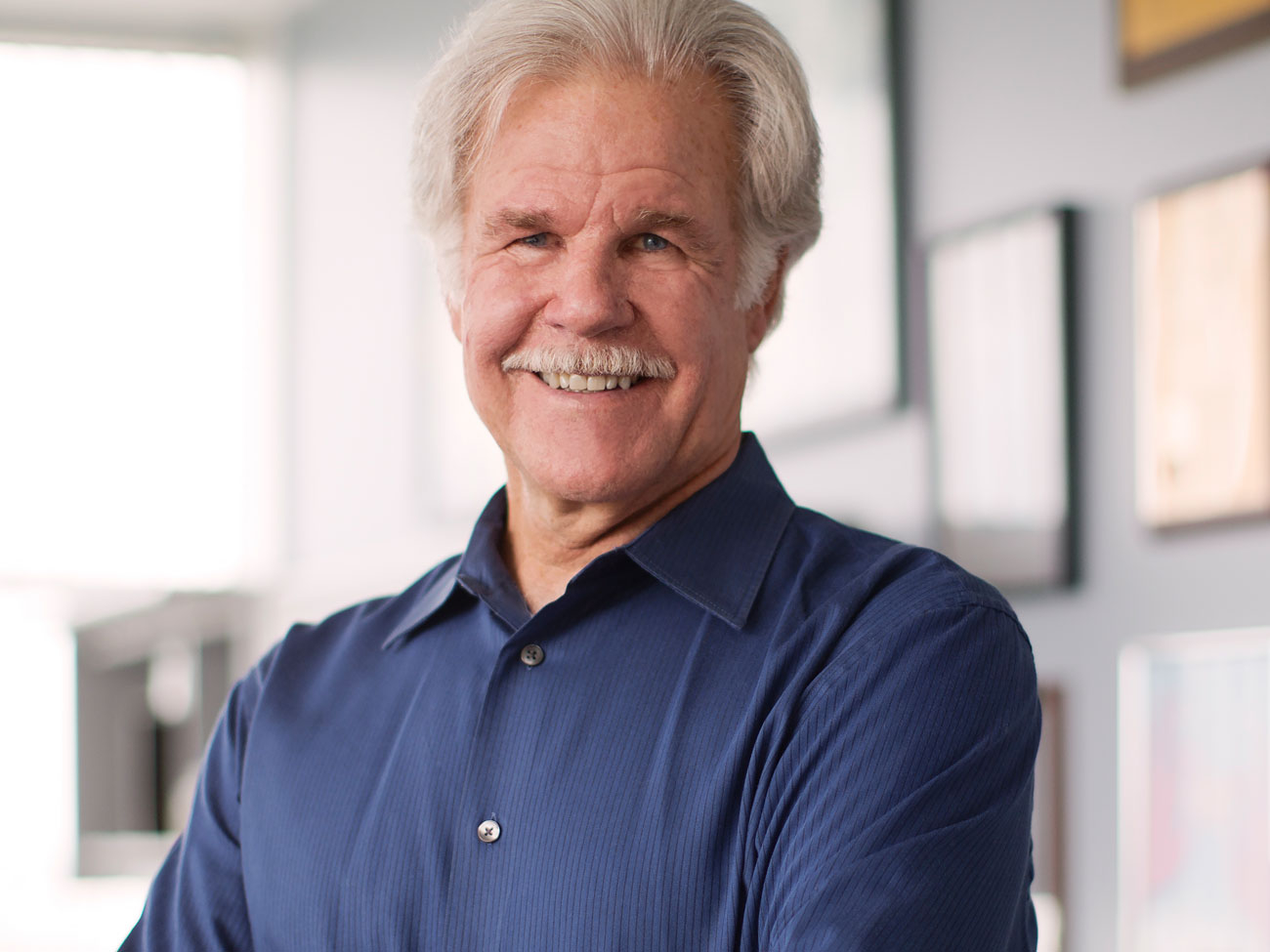Untitled 1
About

Dr. Carl F. Ware received his Ph.D. in Molecular Biology and Biochemistry from the University of California, Irvine in 1979. From 1979-81, while supported by a prestigious National
Research Service Award from the NIH, Dr. Ware conducted research at the University of Texas Health Science Center in San Antonio in membrane biochemistry and the complement system with
Dr. W. Kolb. In 1981, Dr. Ware joined the research groups of Dr. Jack Strominger and Dr. Tim Springer at Dana-Farber Cancer Institute, Harvard Medical School, where he developed monoclonal
antibodies to discover several membrane proteins associated with T cell function. Dr. Ware established his research laboratory in 1982, as an Assistant Professor of Immunology in the Biomedical
Sciences Program at the University of California, Riverside, advancing to full professor before joining the La Jolla Institute for Allergy and Immunology in 1996 as Head of the Division of
Molecular Immunology. Dr. Ware also holds a joint appointment in the Department of Biology at the University of California, San Diego. In 2010, Dr. Ware was recruited to Sanford Burnham Prebys
as Director of the Infectious and Inflammatory Diseases Center, where he continues his research in molecular immunology and virology. Dr. Ware also advises several biotechnology companies on
approaches to drug development and most recently, he founded CoSignaling Pathway Research, Inc., to help translate his discoveries into new therapies for cancer, infectious and autoimmune diseases.
Jon received his PhD in Microbiology and Immunology from the University of Utah School of Medicine in Salt Lake City, UT. He previously trained with Dr. Thomas Lane where he studied the
signaling axis between CXCL1/CXCR2 in murine models of Multiple Sclerosis. As a postdoctoral associate in the Ware lab, his current studies include determining the mechanistic role of the
lymphotoxin network during coronavirus infection. In addition, he has been determining and evaluating novel antibody mediated immunomodulatory targets for autoimmune diseases.
Sushmitha is a Lab Manager in Dr. Ware’s lab. Before moving to San Diego, she obtained a Master’s degree in Immunology from University of Cincinnati and Cincinnati Children’s
Hospital & Medical Center. In her previous role in the Barski lab at CCHMC, she studied the role of epigenomic modulations in T cell activation, differentiation, and memory.
Her current responsibilities include lab operations, management, and research.
Erin obtained her Master of Science in Biology from the University of California, San Diego in 2020 studying Rheumatoid Arthritis at The School of Medicine. Currently,
she is a research associate at the Ware Lab focusing mainly on the TNF superfamily and their role in autoimmune disease and cancer.
Lexie works as a Research Associate I in the Ware Lab. She obtained a master’s degree in food microbiology, a Master’s degree and a Bachelor’s degree in Veterinary Medicine. Lexie brings
to the team over 10 years of research experience in biological product development, including vaccines and probiotics. Her research interests include biological product development,
pathogen-host interactions, and cell-based assay development.
Sreeja received her PhD in Viral vaccine Immunology from the Australian National University, Canberra, Australia. She did her first post-doctoral training in Albany Medical Center, New York,
studying immune mechanisms important in developing a universal influenza. She then moved to Sanford Burham Prebys in the Bradley lab and worked in a collaborative project to develop novel
immunotherapy agents to limit T cell exhaustion, thereby improving responses of solid tumors to immune checkpoint blockade. Currently, in the Ware lab she focusses on a collaborative project
to test the impact of novel candidate agonist antibodies against the lymphotoxin beta receptor (LTBR) on tumor growth control with the purpose of developing alternative immunotherapy treatments
to supplement standard of care immunotherapies for treating patients unresponsive to current therapies.
|
|
|
|
|
|
|
|
|
|